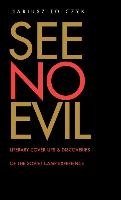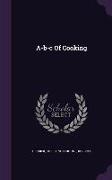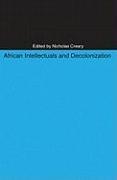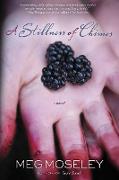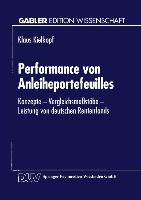See No Evil
BücherAngebote / Angebote:
Believing that human actions could be controlled by a totalitarian government, Stalin and his followers subjected millions of Soviet citizens to acts of state terrorism and imprisonment in labor camps. But this was not enough. Seeking to control human thought as well, Soviet authorities provided official words and images to legitimize the gulag, distort its moral nature, and even glorify its "necessary" violence. This fascinating book is the first in English to examine official Soviet concentration camp literature from the early 1920s through the mid-1960s. Dariusz Tolczyk probes the evolution of this literature, the totalitarian thinking that inspired it, and the scandalous role played by Russian literary intellectuals who collaborated in its creation.The author considers how Soviet novelists and poets in the 1920s dealt with the Leninist notion that ethics is entirely utilitarian and relative, analyzes the official glorification of the gulag in the early 1930s in such works as White Sea Canal, a composite volume by 36 famous authors praising the use of slave labor, and examines why the subject of the camps became taboo from 1937, to the Khrushchevian thaw of the early 1960s. Tolczyk also provides a masterful account of the problem posed for Soviet censors by Aleksandr Solzhenitsyn's One Day in the Life of Ivan Denisovich and shows how the failure of the Soviet regime to come to terms with the ethical legacy of the gulag signaled the decline of the totalitarian project.
Folgt in ca. 15 Arbeitstagen
